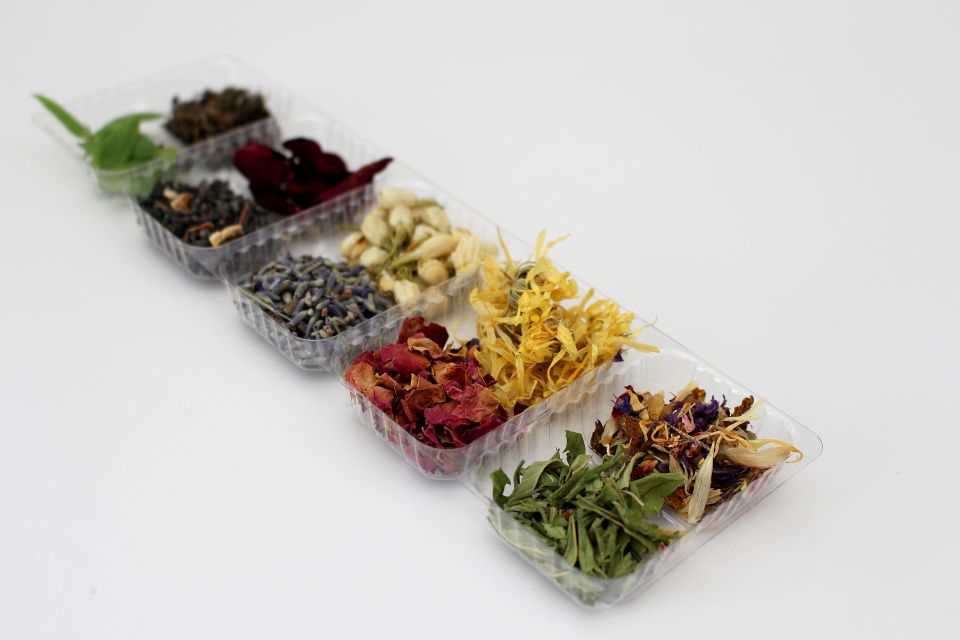
Fibromyalgia
In Ayurveda, fibromyalgia is understood as a condition resulting from the imbalance of doshas, particularly Vata and to some extent Pitta and Kapha. It is characterized by widespread musculoskeletal, pain, fatigue, sleep disturbances, and tender points in specific areas of the body. The Ayurvedic approach to managing fibromyalgia involves a holistic treatment plan aimed at balancing the doshas and improving overall well-being. Here are the key components:
Understanding Fibromyalgia in Ayurvedic Terms
- Vata Imbalance: Vata dosha, responsible for movement and nervous for movement and nervous system function, is often considered the primary dosha involved, its aggravation can lead to pain, anxiety, and insomnia.
- Pitta and Kapha Imbalances: Secondary imbalances of pitta (causing inflammation, irritability) and Kapha (leading to sluggishness, depression) may also be present.
Diet
- Vata Pacifying Diet: Emphasize warm, nourishing and easy to digest foods. Include ghee warm milk soups, stews and cooked vegetables
- Avoid Vata Aggravating Foods: Cold, dry and raw food should be minimized. Limit caffeine, processed foods, and excessive use of stimulants
Single Herbal Remedies (discuss with an Ayurvedic professional before taking Ayurvedic formulas)
- Ashwagandha: an adaptogenic herb that helps reduce stress, improve sleep, and alleviate pain
- Turmeric: known for its anti-inflammatory properties
- Guggulu: helps in reducing pain and inflammation
- Bala: Strengthens muscles and alleviates pain
Ayurvedic Herbal Formulas (discuss with an Ayurvedic professional before taking Ayurvedic formulas)
- Dashamoola: A combination of ten roots that helps reduce inflammation, alleviate pain, and balance Vata
- Ashwagandha Churna: reduces stress, improves sleep and strengthens muscles
- Yogaraj Guggulu: Contains herbs like guggulu, ashwangandha, ginger, and pippali
- Kaishore Guggulu: Contains guggulu, Triphala, Amla and other detoxifying herbs to reduce swelling, inflammation, detox the body and improved digestion.
- Rasnadi Kwath: Contains rasna, guduchi, eranda and many other herbs. Relieves musculoskeletal pain and inflammation, balances Vata and Kapha while boosting the immune system
- Bala Taila: Contains bala and many other herbs processed in a sesame oil to strengthen muscles, reduce pain, calm Vata dosha
- Chyawanprash: Contains many beneficial nourishing herbs including amla, ashwagandha and shatavari to boost immunity, improve energy levels and provide overall nourishment. It is a Rasayana so typically this is not taken initially as it does not host any detoxifying properties but rather is used to then support and nourish once in balance.
Lifestyle and Routine (regular routine) Dinacharya: establishing a consistent daily routine helps balancer Vata. Wake up early, eat meals at regular times, and go to bed early. When working with an Ayurvedic practitioner, a customized plan will be made to support your needs and schedule.
Adequate Rest: ensure sufficient rest and sleep. Practice like yoga nidra can be beneficial
Stress Management: Incorporate stress-reducing practices like yoga, pranayama breathing exercises and mediation
Exercise: Yoga, Tah Chi, walking, stretching, light weights help to improve flexibility, reduce stiffness and increase circulation which will reduce pain
Mental Health Counseling and Support: Providing mental and emotional support through counseling and supportive therapies
Positive Outlook: Encouraging a positive mindset and practicing mindfulness
Additional Therapies (performed by an Ayurvedic Practitioner or Ayurvedic Doctor)
- Panchakarma Therapy: Abhyanga: warm oil massage using medicated oils like Mahanarayan oil or Dhanwantharam oil to calm Vata and relieve muscle stiffness
- Svedana: herbal steam therapy to eliminate toxins and relax muscles
- Basti: medicated enema to balance Vata and cleanse the colon
Monitoring and Follow-Up
Regular follow-ups with an Ayurvedic Practitioner are essential to monitor progress and make necessary adjustments to the treatment plan. This personalized approach aims to provide long term relief and improve the quality of life for individuals with fibromyalgia
Auto-Immune diseases are more common than ever before. If you are suffering and would like a more holistic supportive approach that will be specific to all your needs then schedule a consultation today:



